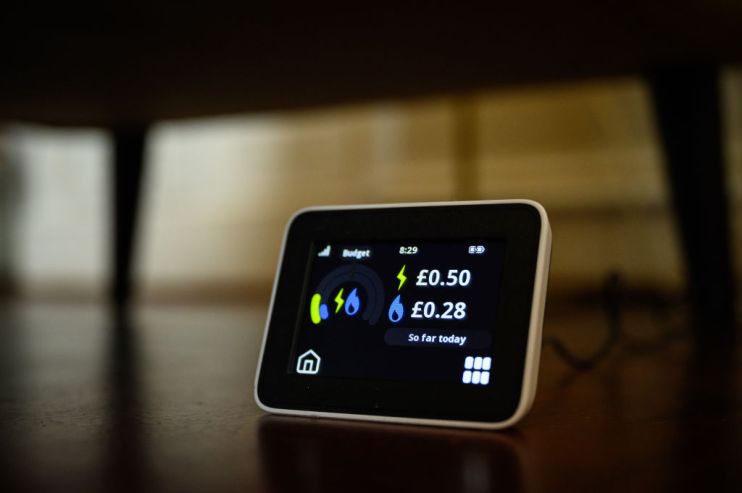Ofgem’s energy price cap to increase by five per cent as rising costs drive up winter bills

Ofgem’s energy price cap will increase by 5% from the current £1,834 to £1,928 from January 1 for a typical dual fuel household in England, Wales and Scotland, the regulator has announced.
The energy watchdog said the increase of £94 over the course of a year — around £7.83 a month — was driven almost entirely by rising costs in the international wholesale energy market due to market instability and global events, particularly the conflict in Ukraine.
In real terms, the price of gas will be 7p per kilowatt hour (kWh), and electricity will 29p per kWh.
Chief executive Jonathan Brearley said: “This is a difficult time for many people and any increase in bills will be worrying. But this rise — around the levels we saw in August — is a result of the wholesale cost of gas and electricity rising, which needs to be reflected in the price that we all pay.
“It is important that customers are supported and we have made clear to suppliers that we expect them to identify and offer help to those who are struggling with bills.
“We are also seeing the return of choice to the market, which is a positive sign, and customers could benefit from shopping around with a range of tariffs now available offering the security of a fixed rate or a more flexible deal that tracks below the price cap.
“People should weigh up all the information, seek independent advice from trusted sources and consider what is most important for them, whether that’s the lowest price or the security of a fixed deal.”
Last winter, energy prices for households were curbed by the government’s introduction of the Energy Price Guarantee, which limited the average bill to no higher than £2500 and a £400 support package per household.
No such scheme has been unveiled for this year meaning the risk of an expensive winter is much higher.
The Ofgem decision comes one day after Jeremy Hunt’s Autumn Statement on Thursday left the energy industry disappointed, with announcements thin on the ground.
Ed Miliband, Labour’s shadow energy security and net zero secretary, said: “The government has absolutely no plan to get bills down, even admitting that their flagship energy bill will not lower bills by a penny.”
If Labour got into power he said: “We would act to close loopholes and bring in a proper windfall tax on oil and gas giants to help tackle the cost of living crisis right now, alongside our long-term plan to make Britain a clean energy superpower so we can lower bills for families once and for all.”
Alastair Douglas, chief executive of TotallyMoney added that it was “introduced in 2019 to make ‘sure that the price people pay for the energy they use is fair and covers the costs to supply that energy.'”
However, since then, the amount of money energy companies charge customers has leapt by more than 60 per cent, and in the past year, complaints to the Energy Ombudsman have jumped by 84 per cent.
Douglas said: “6.3 million UK households are now in fuel poverty, and a fair price doesn’t mean an affordable one. Until recently, the Standard Variable Rate was the worst deal on the market, setting the maximum amount firms could charge customers — but now it presents one of the only options available. Shorter days and colder nights mean a greater reliance on energy, and with higher costs, a better system is needed — where support is provided to those who need it most.”
Press Association
